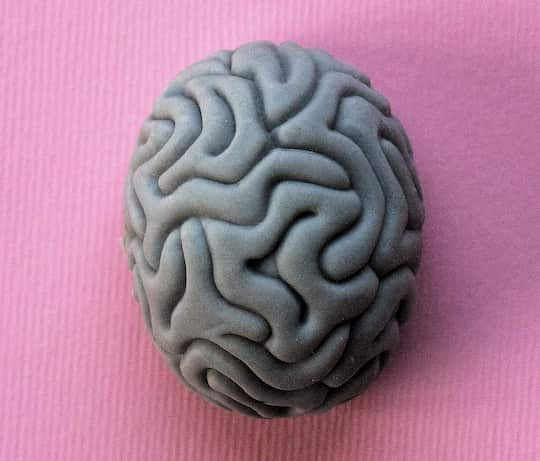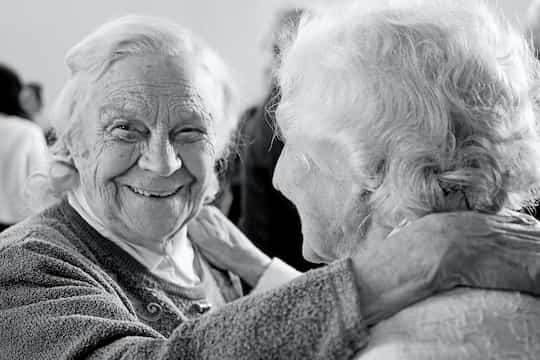“When we are afraid, when we are threatened in any way, our cortisol levels go up.”
Stress can literally shrink your brain, research suggests.
Middle-aged people with high levels of the ‘stress hormone’ cortisol also perform worse on memory tests than those with average levels of the hormone.
Common approaches such as mindfulness, moderate exercise and better sleep can all help reduce stress.
Professor Sudha Seshadri, who led the study, said:
“In our quest to understand cognitive aging, one of the factors attracting significant interest and concern is the increasing stress of modern life.
One of the things we know in animals is that stress can lead to cognitive decline.
In this study, higher morning cortisol levels in a large sample of people were associated with worse brain structure and cognition.”
The study involved brain scans of 2,231 people who also had their cortisol levels tested.
Cortisol is a hormone that rises in the body with stress levels.
The tests revealed that those with higher levels of cortisol had smaller brain volumes and worse memory.
However, no one in the study had signs of dementia.
Dr Justin B. Echouffo-Tcheugui, the study’s lead author, said:
“Cortisol affects many different functions, so it is important to fully investigate how high levels of the hormone may affect the brain.
While other studies have examined cortisol and memory, we believe our large, community-based study is the first to explore, in middle-aged people, fasting blood cortisol levels and brain volume, as well as memory and thinking skills.”
Professor Seshadri said:
“The faster pace of life today probably means more stress, and when we are stressed, cortisol levels increase because that is our fight-or-flight response.
When we are afraid, when we are threatened in any way, our cortisol levels go up.
This study adds to the prevailing wisdom that it’s never too early to be mindful of reducing stress.”
The study was published in the journal Neurology (Echouffo-Tcheugui et al., 2018).










